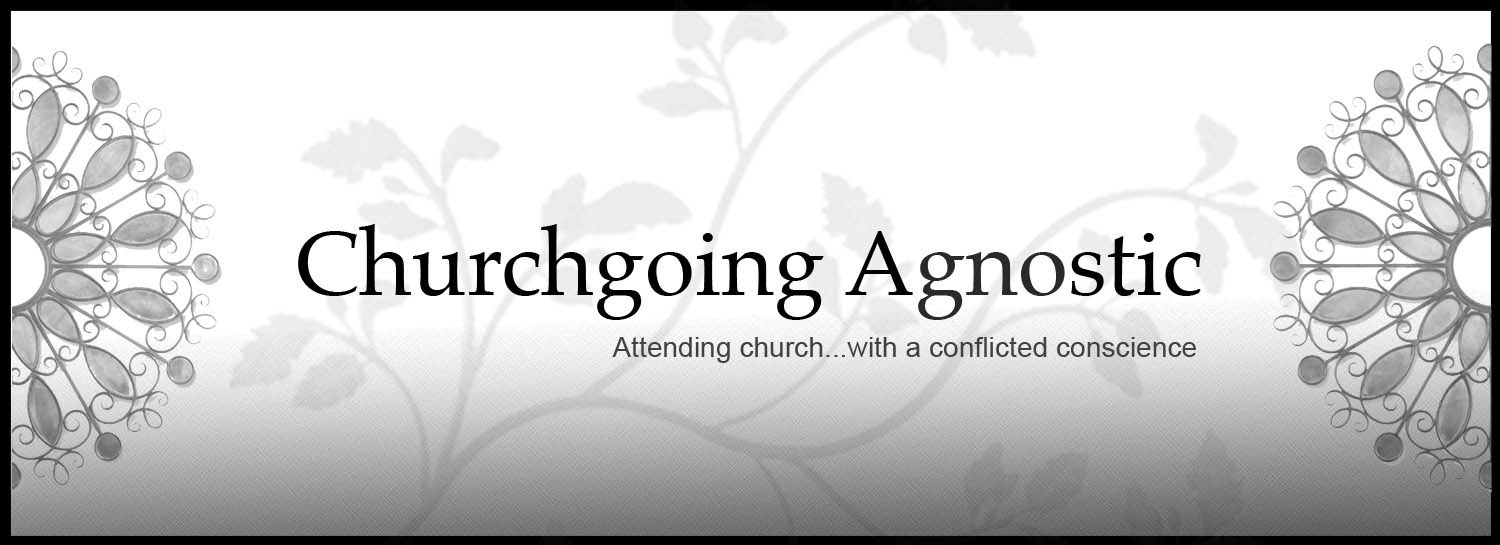_______________________________
Prayer is a foundational practice within many of the world’s most popular religious traditions- from the most literalist to the more mystical strands.
For some traditions, prayer involves the petitioning to a deity (or deities) who is (are) believed to be able to both “hear” and respond to such requests. For these faithful individuals, prayer is often viewed as a two-way conversation where the person praying can both appeal to the deity (or deities) in which they believe and also receive messages from such a deity (or deities).
For other spiritual traditions, prayer is treated more as an act of mindful meditation which helps the individual to both reflect on their thoughts and actions and increase their awareness of the world around them. For many of these individuals, prayer is the act of becoming totally absorbed in what they are doing, be it a mundane task or a pursuit of what one believes to be their calling in life. In this view, prayer is as simple as thinking, reading, eating and walking to the extent that some of these individuals can sense no distinction between a thoughtful way of living and a life of prayer.
How one conceives of ultimate reality seems to play a pivotal role in how one views and values the act of prayer. These conceptions form one's philosophical or theological worldview which is influenced by a variety of factors including one’s personality, culture, upbringing, knowledge, and experience.
In many cases, those who believe in a responsive deity that can miraculously intervene in human affairs will find petitionary prayers to be central to the way they function in life. Throughout human history, these individuals have prayed for rain, food, assistance, alleviation of pain, protection, guidance, deliverance, liberation, comfort and strength. Such individuals possess a worldview that relies heavily on presuppositions rooted in the dualistic view of reality which recognizes both distinction and relationship between the supernatural realm and natural world. Examples of this view of reality include many adherents of Judaism, Islam and Christianity.
In contrast, those who do not believe in the idea of a deity who miraculously intervenes in the natural world will likely rely less on prayer as petition and rely more on it as an exercise in reflective meditation. Many of these traditions which hold such a view of prayer typically do not imagine ultimate reality in the form of a personalized being. Instead, they conceive of ultimate reality as a unified and complicated whole. Such individuals possess a worldview that relies heavily on presuppositions rooted in the monistic understanding of reality as a unified whole comprising of all aspects of the natural universe. Examples of this view of reality include many adherents of Buddhism, Taoism and more Earth-centered or pagan spiritualities. I personally lean more towards this view.
Throughout human history, many enduring questions have arisen concerning the efficacy of prayer as it is such a core practice for many people. What do we really expect to receive from praying? Is there power in prayer? Can our prayers make a difference? Are we praying to a deity (or deities) that can really intervene in human affairs? Did something happen because we prayed for it to happen? Is prayer nothing more than our best guess about an unseen plan set forth by “the creator of the universe”? Or is prayer just a "placebo"* that reduces our anxiety level and provides us with psychological reassurance as we try to function in the midst of an uncontrollable, unpredictable and chaotic universe?
I pray that I find out.
* There have been countless studies done on the power of placebos (which are often sugar pills) and the human mind's ability to convince us of those subjective realities we want to believe. Here is a recent study.


